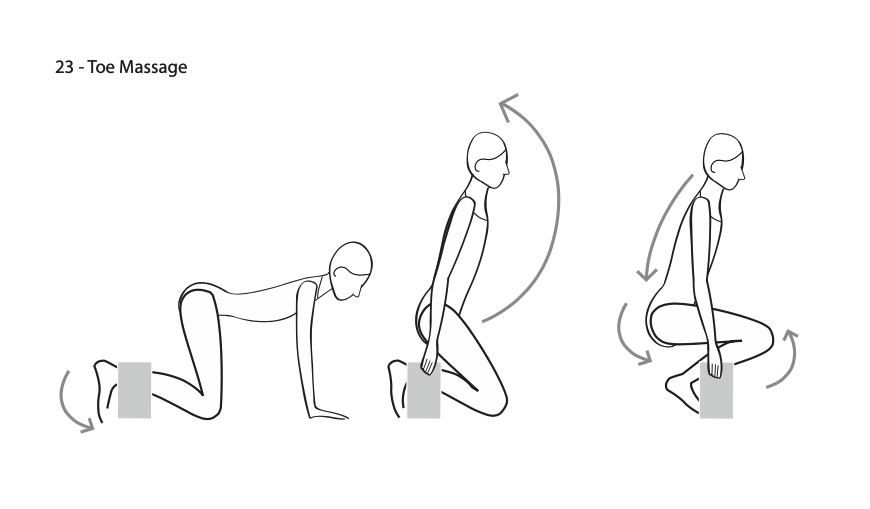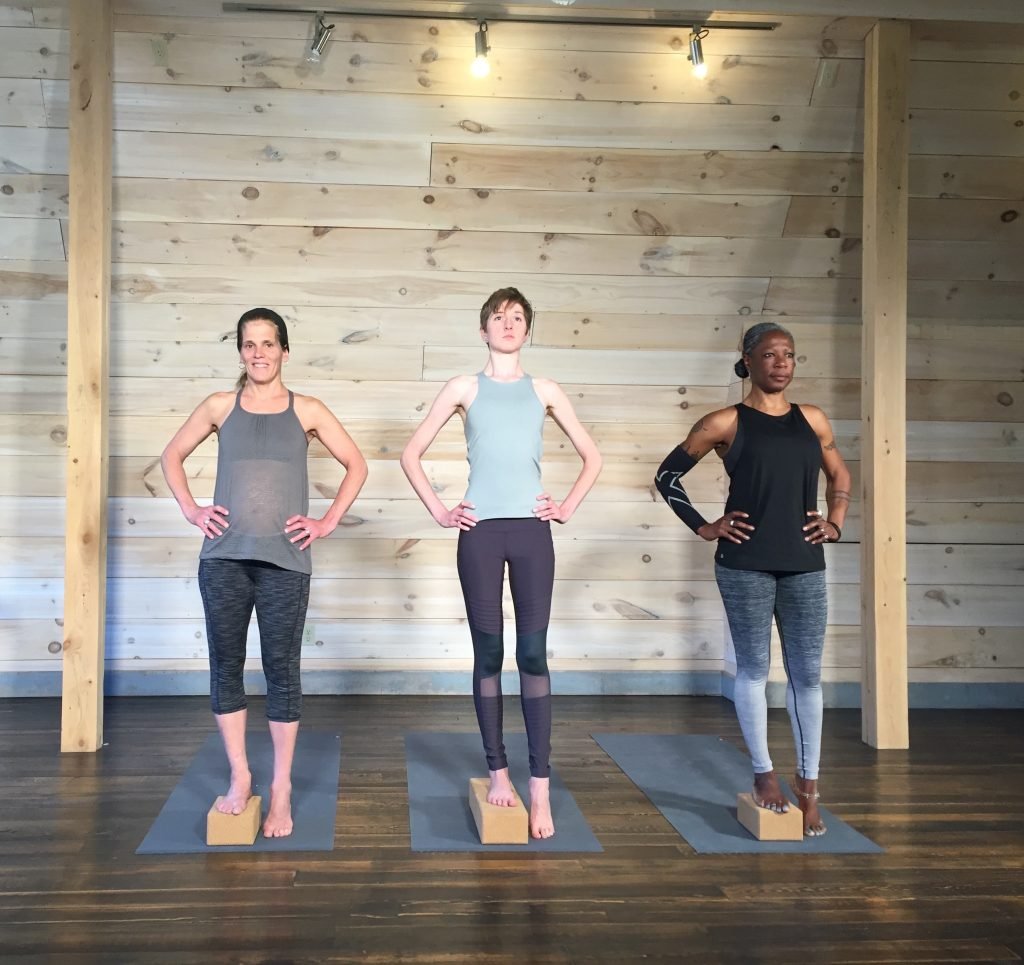Q: One of my cancer survivor students is experiencing has numbness in her toes and feet from the chemo. I’ve suggested doing some Qi Gong and foot massage to help. Do you have any other ideas?
A: Your student is experiencing a common side effect of chemotherapy: Peripheral Neuropathy. It is cause by the effects of chemo on the nervous system. Oncologists (cancer doctors) and cancer research do not have an answer. Massage is not effective because this is a condition unrelated to blood circulation or muscles. Qi Gong can provide some benefits, as well as yoga. Both will cultivate awareness of the nerve synopsis that is interrupted by the chemo, which will allow your friend to protect herself from falls and other injuries. Unfortunately, these effects of chemo cannot be minimized. They can be cumulative until chemo is stopped. There is hope to know that when she finished treatments, this side-effect will gradually pass.
I take great care to instruct yoga students with simple balances as a tool to manage foot neuropathy. I often suggest the following:
Toe Massage:

Standing Tall on a block:

There are many others suggestions provided in my book – Yoga for Cancer.
More on neuropathy for your reference:
- Patients taking mitotic inhibitors, such as taxanes and vinca alkaloids, platinum-containing agents or proteasome inhibitors may develop neuropathy in the hands and feet. It can develop weeks, months or years after treatment and typically involves the fingers and toes, or the entire hand and foot. Symptoms usually resolve completely, although it can take a few weeks to many months or even a couple of years as the nerves slowly heal. Some drugs can cause permanent neuropathy, and in rare cases, can also injure the auditory nerves, causing hearing loss.
- Sensory neuropathy, the more common type, may cause pain, numbness, tingling or loss of sensation because it affects the nerves needed for touch, temperature and pain. Motor neuropathy results in a disruption of signals to the muscles and can result in symptoms, such as muscle weakness, clumsiness, balance problems and foot drop.
- Patients who develop neuropathy during chemotherapy should tell their doctor right away, since more severe symptoms tend to improve slowly or persist. Neuropathy is often treated with either anticonvulsants or antidepressants because of their effects on certain chemical signals. Doctors typically prescribe a low dose and then increase as needed. A compounding pharmacy can prepare a topical cream that can reduce the severity of side effects. Also available topically is an anesthetic patch, which can be applied to intact skin in the area with the most pain. In some cases, a change in the dose or type of anti-cancer drug may be necessary.
